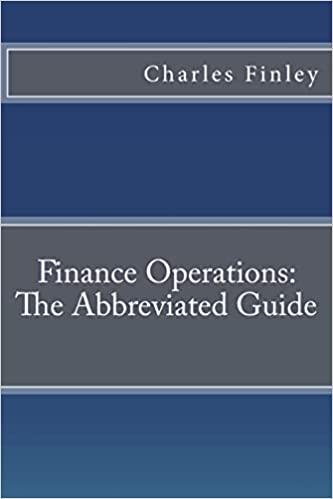Question
Payback, Accounting Rate of Return, Present Value, Net Present Value, Internal Rate of Return For discount factors use Exhibit 14B-1 and Exhibit 14B-2. All scenarios
Payback, Accounting Rate of Return, Present Value, Net Present Value, Internal Rate of Return For discount factors use Exhibit 14B-1 and Exhibit 14B-2. All scenarios are independent of all other scenarios. Assume that all cash flows are after-tax cash flows. Kambry Day is considering investing in one of the following two projects. Either project will require an investment of $20,000. The expected cash flows for the two projects follow. Assume that each project is depreciable. Year Project A Project B 1 $ 6,000 $ 6,000 2 8,000 8,000 3 10,000 10,000 4 10,000 3,000 5 10,000 3,000 Wilma Golding is retiring and has the option to take her retirement as a lump sum of $450,000 or to receive $30,000 per year for 20 years. Wilma's required rate of return is 6%. David Booth is interested in investing in some tools and equipment so that he can do independent drywalling. The cost of the tools and equipment is $30,000. He estimates that the return from owning his own equipment will be $9,000 per year. The tools and equipment will last 6 years. Patsy Folson is evaluating what appears to be an attractive opportunity. She is currently the owner of a small manufacturing company and has the opportunity to acquire another small company's equipment that would provide production of a part currently purchased externally. She estimates that the savings from internal production will be $75,000 per year. She estimates that the equipment will last 10 years. The owner is asking $400,000 for the equipment. Her company's cost of capital is 8%. Required: 1. Conceptual Connection: What is the payback period for each of Kambry Day's projects? Round your answers to two decimal places. Project A years Project B years If rapid payback is important, which project should be chosen? Project A 2. Conceptual Connection: Which of Kambry's projects should be chosen based on the ARR? If required, round to the nearest percent. Accounting rate of return (ARR): Project A: ARR % Project B: ARR % Project A 3. Assuming that Wilma Golding will live for another 20 years, should she take the lump sum or the annuity? Wilma should take the lump sum. 4. Assuming a required rate of return of 8% for David Booth, calculate the NPV of the investment. If required, round to the nearest dollar. NPV $ Should David invest? Yes 5. Calculate the IRR for Patsy Folson's project. Round your answer to the nearest percent. % Should Patsy acquire the equipment? Yes
Step by Step Solution
There are 3 Steps involved in it
Step: 1

Get Instant Access to Expert-Tailored Solutions
See step-by-step solutions with expert insights and AI powered tools for academic success
Step: 2

Step: 3

Ace Your Homework with AI
Get the answers you need in no time with our AI-driven, step-by-step assistance
Get Started


